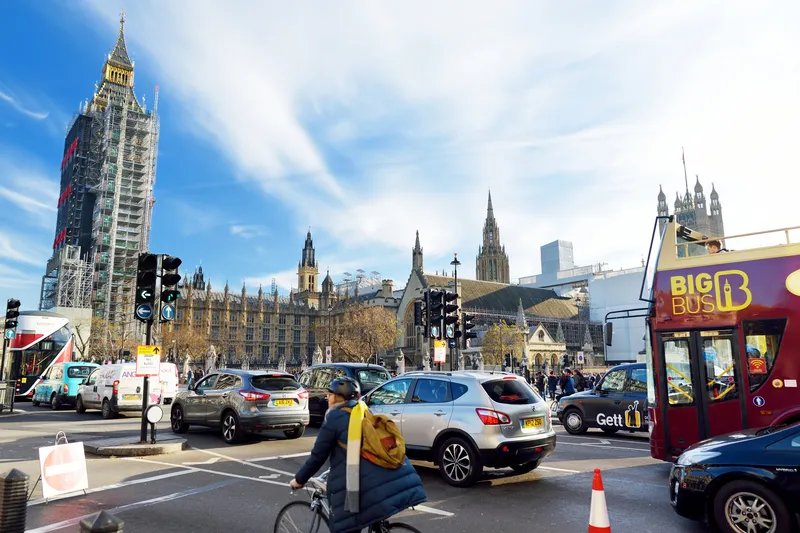
New York’s Metropolitan Transport Authority (MTA) sent a letter to the New York Congressional Delegation requesting more than $4 billion in federal aid as it continues to respond to the pandemic. The request follows a fall of 60% in ridership on subways, 49% on buses, 90% on Metro-North and 67% on Long Island Rail Road.
The transport authority expects the full impact will be more than $4bn by the end of 2020 even without accounting for the expected collapse of more than $6bn in state and local taxes dedicated to the MTA.
The MTA is currently disinfecting all stations and touch points twice a day while carrying out the same process on subways, buses and rail cars on a 72-hour cycle.
In the UK, Transport for London (TfL) has closed up to 40 underground tube stations that do not interchange with other lines as well as the Waterloo & City line. On Fridays and Saturdays there will be no service on the all-night tube or train service that currently runs on the East London line.
From next week, London Overground, TfL Rail, the DLR (Docklands Light Rail) and trams will offer fewer services while buses will operate in a similar way as on Saturdays.
Mayor of London Sadiq Khan says: “People should not be travelling, by any means, unless they really, really have to. Londoners should be avoiding social interaction unless absolutely necessary, and that means they should be avoiding using the transport network unless absolutely necessary.”
Elsewhere, Italian railway operator Trenord is implementing a reduced service on all lines following an 85% drop in ridership. Suburban lines will operate on an hourly basis outside peak hours from 9am-4pm while reinforcement trains which normally boost the capacity of main routes will be scrapped.
The pandemic has also caused Renfe to reduce half of its high-speed rail service in Spain. The company is only selling tickets for a third of its seats to ensure a safe distance between passengers. The rail operator does not recommend travelling for any trips which can be postponed.
Similarly, Australia’s National Cabinet has recommended all people to consider whether travelling is essential and to stay at home or seek medical care if feeling unwell.
The cabinet says advice offered by the Australian Health Protection Principal Committee (AHPPC) should be applied to public transport, taxi and ride-share vehicles and transporting vulnerable people.
The AHPPC advocates social distancing measures such as encouraging university staff to work from home where possible and restricting staff and visitors from entering care homes if they have been in contact with a confirmed case of coronavirus in the last 14 days.








